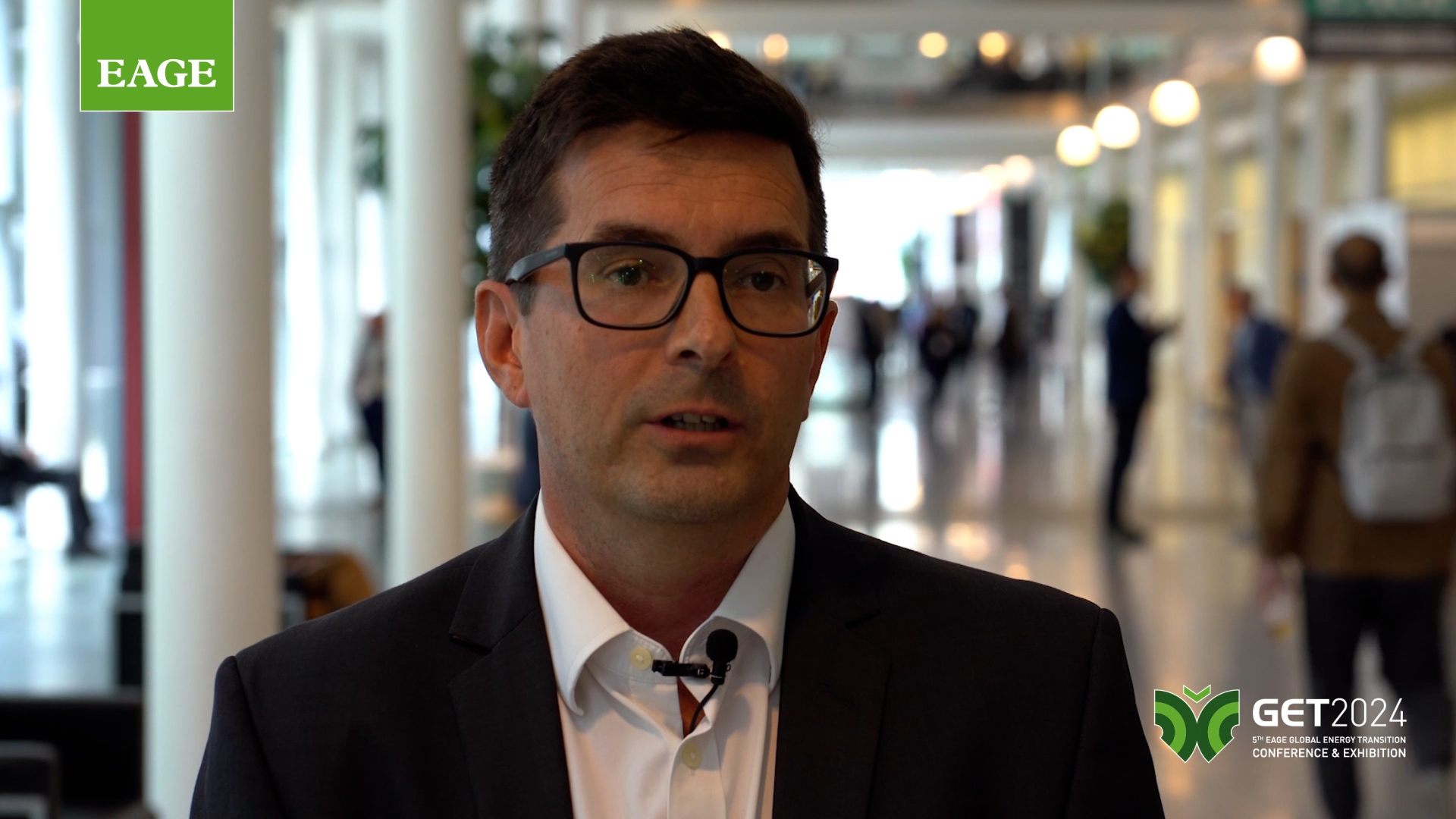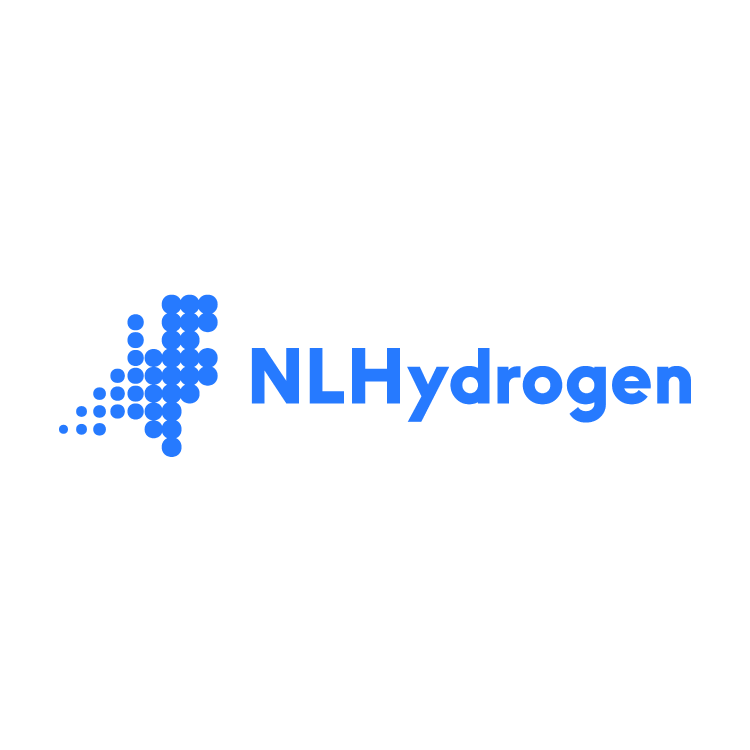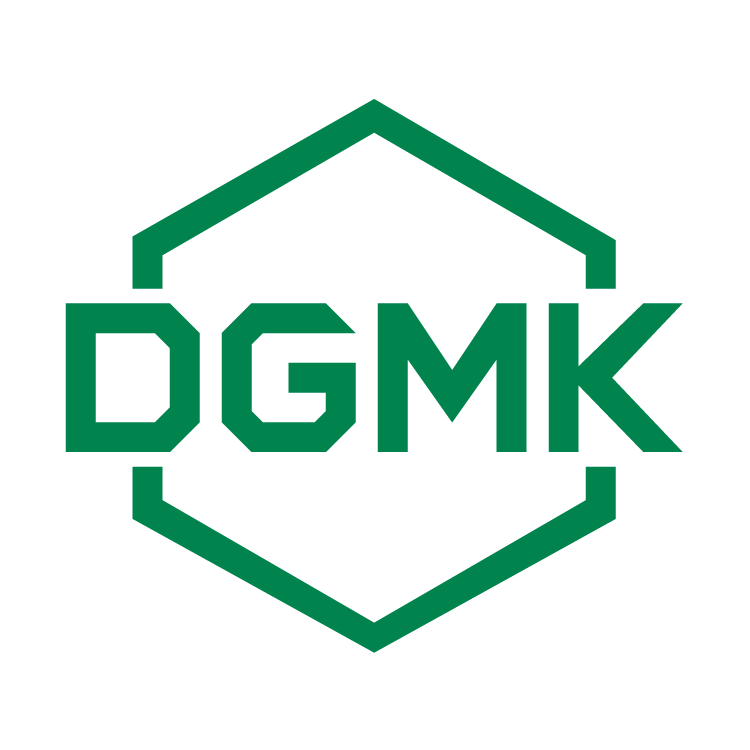Welcome to the GET2024 Hydrogen and Energy Storage Conference
The increasing shift from fossil-based energy sources to (intermittent) renewable energy sources creates an enormous demand for energy storage solutions. The geosciences will be critical to develop and deploy these solutions: Only the subsurface offer capacities in the GWh to TWh range which will be critical for buffering of weekly to seasonal fluctuations; and it holds the rare minerals that battery storage depends on.
GET2024 provides a platform for presenting and discussing the latest developments on hydrogen and energy storage and to showcase emerging pilots and commercial projects. The conference also welcomes contributions on naturally occurring hydrogen, which holds the promise of a large-scale and low-cost low-carbon energy source.

Energy’s Future Unlocked
Let’s connect, learn, and shape the future of sustainable energy solutions together!
“We are thrilled to invite you
… to the 5th edition of EAGE’s GET Conference which will take place in Rotterdam, The Netherlands, from 4-7 November 2024. For the first time, the conference will feature a dedicated conference on Hydrogen and Energy Storage, which will be – under the GET umbrella – organized in parallel with conferences on CCUS, Geothermal Energy, and Offshore wind.
This setup will ensure an extensive program for each of the individual key topics of GET, without compromising GET’s unique focus on cross-uses and integration between energy transition applications. The conference will offer the opportunity to bring together geoscientists and engineers working in the still emerging research area of hydrogen and energy storage for an exchange on the state-of-the-art and remaining challenges of these technologies.
To ensure that also non-technical challenges are captured, contributed presentations will be complemented by dedicated sessions with invited speakers. Likewise, the integration of storage into the hydrogen/energy value chain and its multiple system functions will be captured in this way.

Subsurface Specialist, Shell
Co-Chair Hydrogen & Energy Storage Conference
“The conference will offer the opportunity to
… bring together geoscientists and engineers working in the still emerging research area of hydrogen and energy storage for an exchange on the state-of-the-art and remaining challenges of these technologies. Next to addressing advancements in key technological areas such as geological characterization, storage performance, monitoring, containment and safety, a specific focus will be placed on pilot projects and early commercial developments.
The conference location in Rotterdam places the event in the core of a future hydrogen hub, where local hydrogen production and large-scale hydrogen import facilities are being established. For the first time, also geologic hydrogen is included as a separate topic, which draws from similar geoscience skills as subsurface energy storage technologies. Fundamentals around generation, migration and trapping of hydrogen shall be addressed as well as questions on exploration for hydrogen systems, their production and stimulation.

Project Development Lead, RWE
Co-Chair Hydrogen & Energy Storage Conference
The EAGE GET conference brings Opportunities to:
Participant’s
Profile
Hydrogen and energy storage conference as part of GET is bringing together all professionals in geoscience that are active in the field of hydrogen and energy storage.
It is a very inspiring platform to get to know about latest developments and to understand what the most recent trends are. And it is exciting this year that we will have for the first time a dedicated conference programme for all geoscientists, geologists, engineers and other professionals who are working with projects, researches that are directly linked to hydrogen and energy storage.
Call for
Abstracts
Hydrogen and
Energy Storage
The following topics are highlighted (but not limited to) for your abstract submission:
Submit your late-breaking poster abstract
before 15 September 2024
- Hydrogen and underground gas storage
- Hydrogen or ammonia storage in Wells, Tunnels, Lined Rock Caverns
- Compressed air energy storage
- Underground thermal storage
- Underground pumped hydro storage
- Pilot projects and Case studies
- Geological resources for subsurface energy storage
- Mineralogical, microbiological, geochemical, and diagenetic considerations for storage
- Seal characterization, containment risk assessment and site safety
- Storage performance (incl. fluid transport, mixing, efficiency)
- Monitoring of energy storage sites
- Mechanism of natural hydrogen generation, migration and trapping
- Rate limiting factors of natural hydrogen generation
- Basins and hydrogen system modelling
- Exploration for natural hydrogen
- Hydrogen production challenges and opportunities
- Stimulated or accelerated hydrogen production
- Pilot projects and Case studies
- Demand and use-case scenarios modelling
- Techno-economic assessment
- Social acceptance and regulatory framework
- Case studies
Commitee List
- Annick Loschetter
BRGM - Karin de Borst
Shell - Nur Schuba
University of Texas At Austin - Susanne Kuchling
DGMK - Marcin Glegola
RWE - Daniel Palmowski
Terranta - Sam Xie
Curtin University - Dariusz Strapoc
SLB - Hadi Hajibeygi
TU Delft - Rader Abdul Fattah
TNO - Piotr Krawiec BP
- Richard Schultz, Orion Geomechanics LLC
- Cristina Yuste Fernandez Trinity Energy Storage
- Christian Heine Shell
- Jennifer Findlay Viridien
- Carla Martin Clave
Atkinsrealis
- Annick Loschester BRGM
- Karin de Borst Shell
- Nur Schuba University of Texas At Austin
- Susanne Kuchling DGMK
Read More
- Marcin Glegola Shell
- Daniel Palmowski Terranta
- Walter Rietveld BP
- Sam Xie Curtin University
- Dariusz Strapoc SLB
- Hadi Hajibeygi TU Delft
- Rader Abdul Fattah TNO
Exhibitors


Company name

Company name


